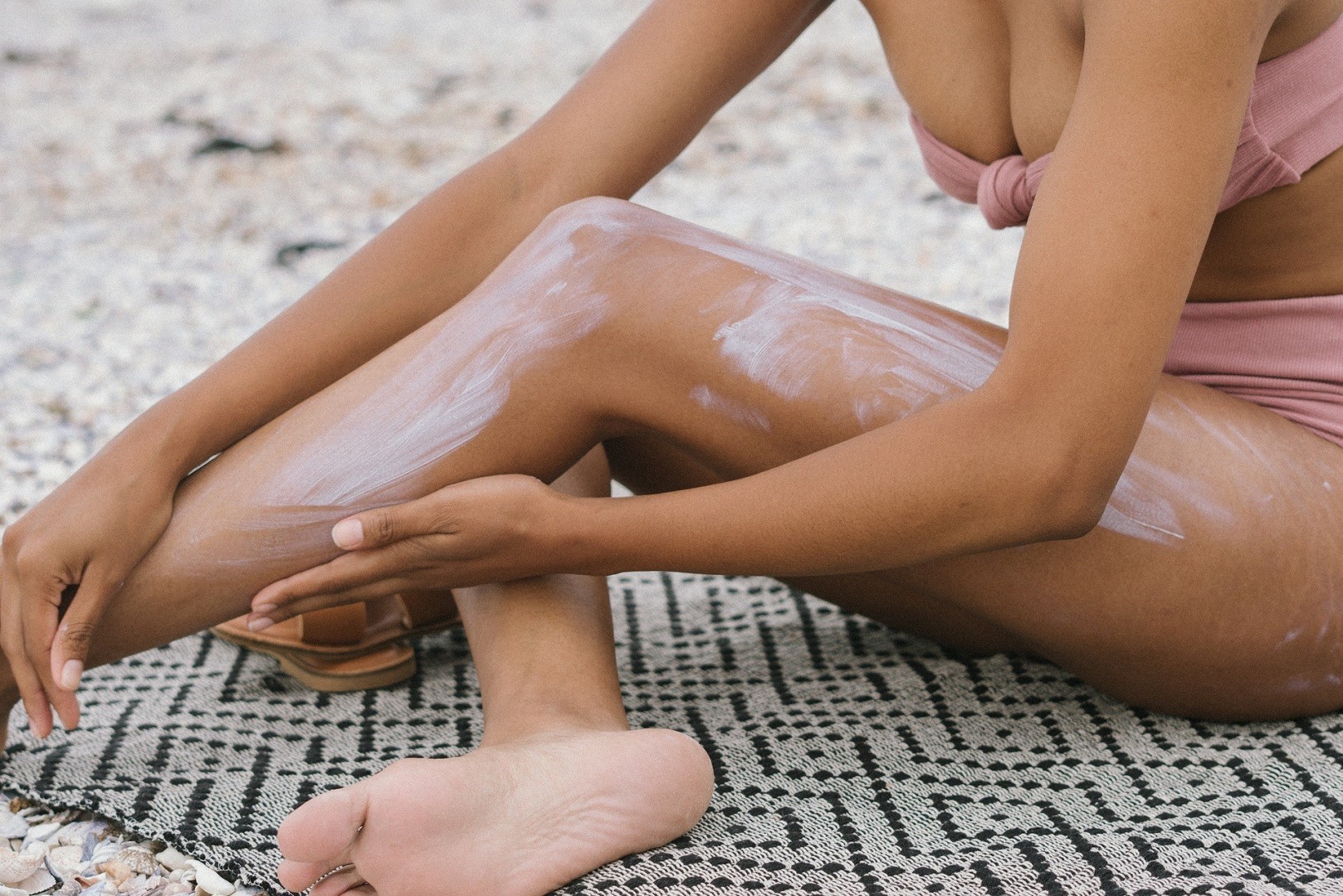
You have no control over the sun, nor can you adjust its amount of UV rays; what you have is the power to protect your skin and prevent skin cancer. Melanoma is the third most common type of cancer affecting many Australians, with close to 14,000 diagnosed with it in 2015.
As we approach National Skin Cancer Action Week 2020, which runs from 15th to 21st November, show your skin some love to keep cancer at bay. This event is a joint initiative of Cancer Council Australia and the Australasian College of Dermatologists, which aims to remind everyone that skin cancer can be prevented so long as you protect your skin every day.
Loving your skin goes beyond the application of sunscreen. You have to keep your eyes peeled for warning signs that might suggest skin cancer, such as red lumps or unusual spots or moles that change in colour, shape and size over time.
The skin is the largest organ of the body that protects all the tissues, cells and organ systems inside the body. Without this protective covering, we will cease to exist. A study from the Cancer Council Australia shows more than 2,000 Australians die every year from skin cancer and two out of three Australians are diagnosed with some form of skin cancer by the time they reach the age of 70.
Arming yourself with the knowledge and tools to protect yourself is key to preserving skin health and increasing longevity.
What Causes Skin Cancer?
Skin cancer is mainly caused by constant exposure to ultraviolet radiation from the sun. People who love to toast their skin in the sun have a higher risk of acquiring it. Even if it doesn't seem hot and bright outside of your house as the clouds are concealing the sun, you can still get a sunburn. But, worry not because you can easily sun-proof yourself with the following steps:
- Wear long-sleeved clothing made of silk, wool or polyester
- Apply sunscreen with SPF30 (or higher) at least 20 minutes before going outdoors and reapply every two hours.
- Wear a wide-brimmed sun hat
- Wear sunglasses and avoid prolonged sun exposure
Is There a Treatment for Skin Cancer?
Surgery is the most common treatment for skin cancer, though some people resort to radiation therapy, cryotherapy or chemotherapy. However, as the saying goes, prevention is way better than cure so brace yourself for the preventive measures on National Skin Cancer Action Week. This week-long event will showcase activities that will teach you how to detect early signs of skin cancer. You can also connect to resource persons to enquire about what goes on during a skin check. Plus, this is the perfect opportunity to find out whether or not it is possible to consult a skin specialist online if you're not comfortable with the idea of having a face-to-face consultation.
|
Do you have a natural health & wellness business? |









